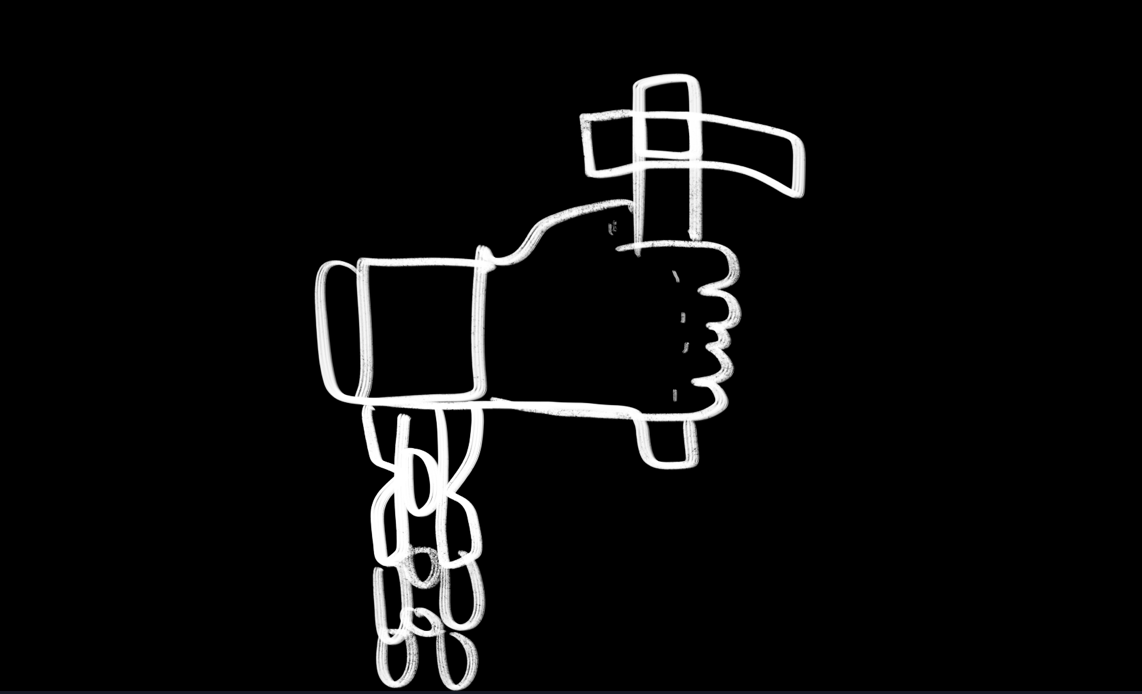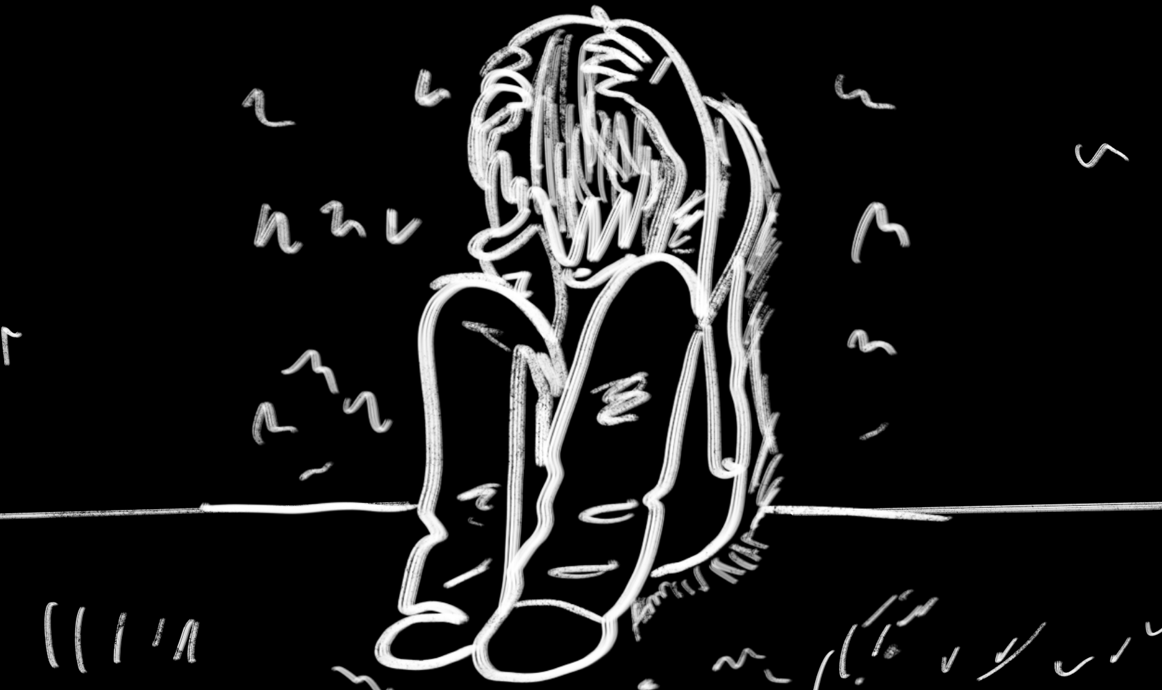In Luke 15:1-3 and 11-34, Jesus responds to the complaints of the Religious Leaders with three parables, including the famous story of the prodigal son. Last time, we explored the younger son's departure and return. Today, we delve into the older son's reaction, uncovering profound insights into our own struggles with inadequacy, bitterness, and the unwavering love of the Father.
The older son, representative of the responsible elder child, remains silent amidst his brother's departure, reflecting his feelings towards his sibling. When the younger son returns, the older son's refusal to join the celebration unveils his deep-seated bitterness and sense of injustice. Despite cultural expectations, he remains outside, turning his private grievances into a public display of dishonor towards his father.
Many of us can relate to the older son's internal turmoil. Like him, we may struggle with feelings of inadequacy, resentment, and a desperate desire for acknowledgment and acceptance. We may even compare ourselves to others, questioning our worth and God's goodness in the face of challenges.
Yet, the gap Jesus reveals isn't merely one of perception but of identity. The older son fails to see himself as the Father sees him—as a beloved child, not a slave. Similarly, we often live in the delusion of our own unworthiness, blind to the truth of our identity in Christ.
The Father's response echoes the Gospel's grace: "My child, you are always with me, and all that is mine is yours." He reassures the older son of his worthiness, not based on merit, but on the unchanging nature of their relationship. Likewise, our standing before God isn't earned but freely given through Christ's righteousness.
The Greek word "teknon," used by the father to address the older son, adds a tender and loving dimension to their relationship. It signifies not just a son but a precious child. This revelation transforms the older son's perception, inviting him to embrace his true identity and worth.
Religion dictates earning God's favor through moral living, while the Gospel reveals it as a gift bestowed through Jesus' righteousness. When we grasp this truth, we no longer strive to earn God's delight but rest in His unfailing love. We cease blaming God for challenges and recognize His abundant generosity towards us.
In conclusion, the parable emphasizes the joy of recovery and restoration. Just as the shepherd seeks the lost sheep and the woman searches for the lost coin, Jesus, our older brother, seeks us and pays our debts with His life. Therefore, the invitation extends not only to the younger brothers but also to the older brothers and sisters—to all who struggle with inadequacy, bitterness, and doubt. It is safe to come home to the Father's embrace.
Let us embrace the wasteful grace of our loving Father and find our true identity in Him.













